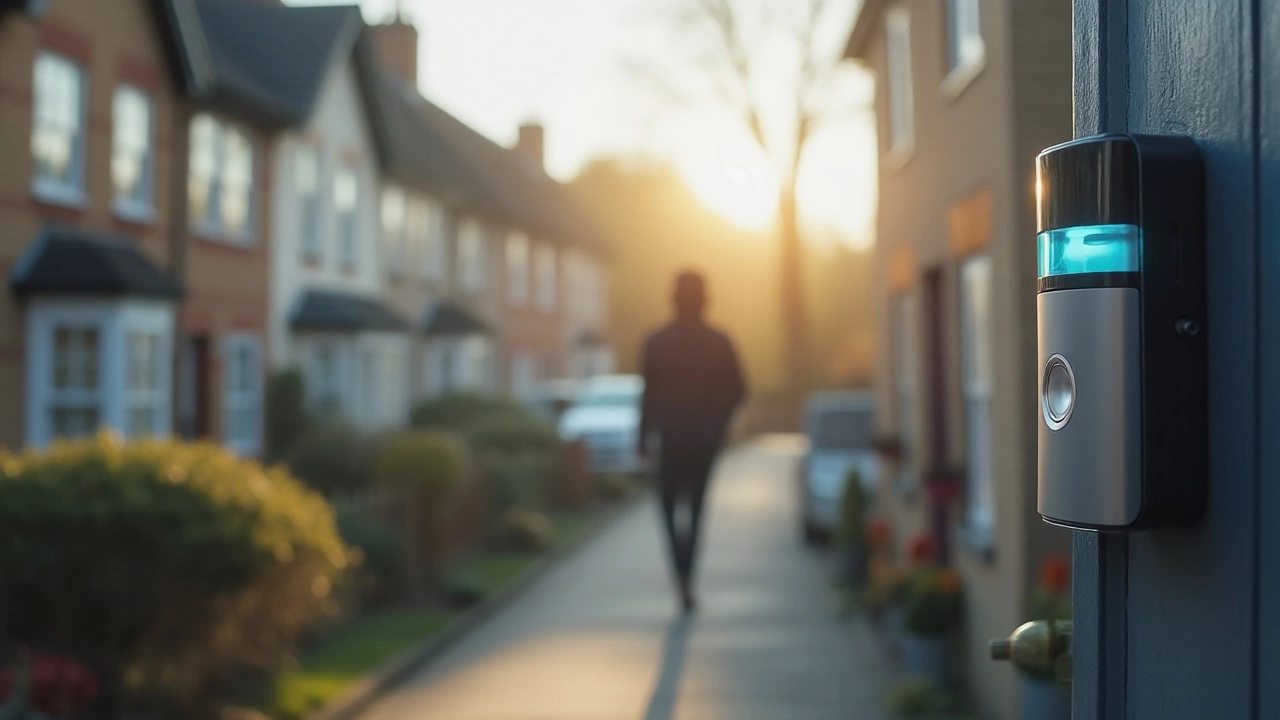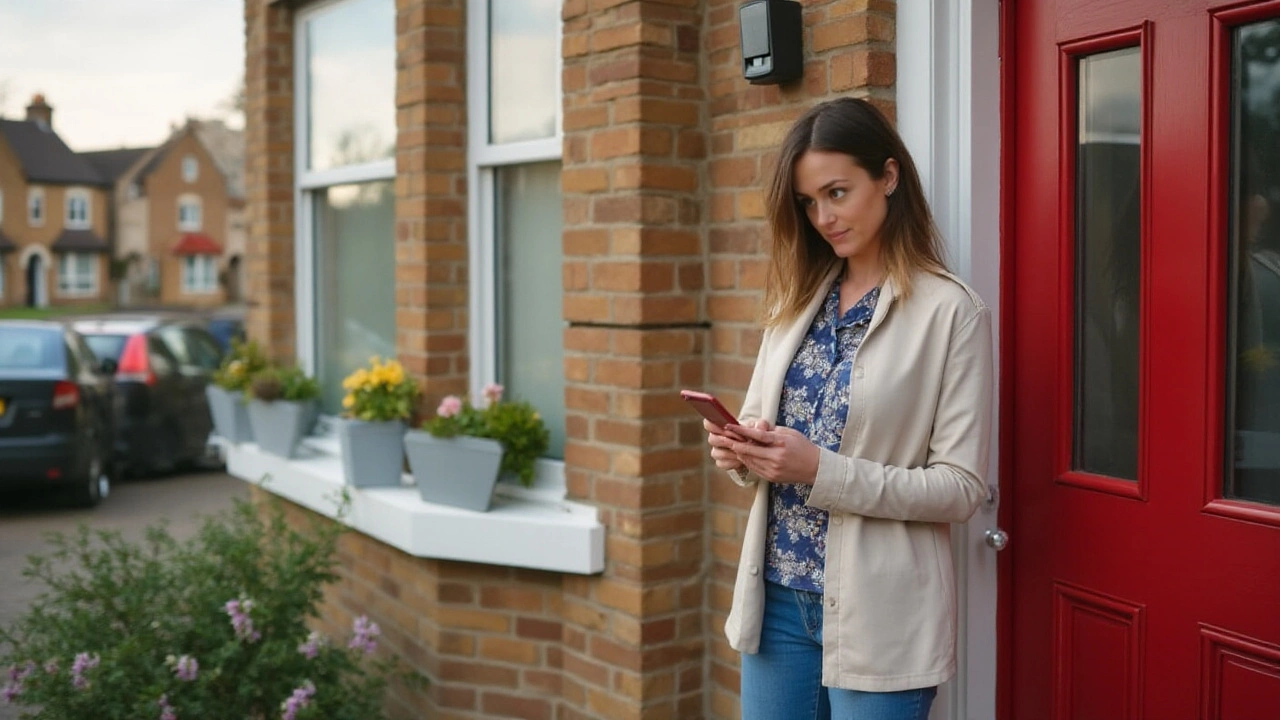Smart Doorbell Safety: What Every Homeowner Needs to Know
Smart doorbells are great for seeing who’s at the door, but they also open a new front for burglars, hackers, and even annoyed neighbours. If you’re thinking about adding one, or you already have a Ring, Nest, or any other model, you need a clear plan to keep it safe. Below you’ll find the most useful tips on power options, Wi‑Fi setup, privacy settings, and the legal side of things – all written for UK homeowners.
Wiring and Power Choices
The first decision is whether to go wired or battery‑powered. A wired doorbell pulls power from your existing 12‑V transformer and never runs out of juice. That means fewer visits to the charger and a more reliable connection during power cuts (if you pair it with a UPS). The downside is you’ll need a qualified electrician to run the wires, especially in older houses where the chime box may be hidden behind plaster.
Battery models are easier to install – just mount the unit, pair it with your phone, and you’re set. But you’ll have to keep an eye on the battery life. In cold UK winters the battery can drop faster, so set a reminder to check the charge every month. Some newer models let you attach an optional solar panel, which can extend the life dramatically if you have a sunny front garden.
If you’re undecided, think about your budget and how much you value a constant video feed. Wired systems cost more upfront but save you time and potential downtime. Battery units are cheap to start with but may end up costing more in replacement batteries over a few years.
Wi‑Fi, Privacy, and Legal Concerns
All smart doorbells need a stable internet connection to stream video and send alerts. Use a 2.4 GHz Wi‑Fi band for better range if your router is on the other side of the house. Avoid the 5 GHz band unless your router is right next to the doorbell, because the higher frequency doesn’t travel through walls well.
Security starts with a strong password and two‑factor authentication on your doorbell app. Change the default admin password immediately and turn on encryption – most modern devices use AES‑256, which is solid. Regularly check for firmware updates; manufacturers often patch security holes that could let a hacker watch your doorstep for free.
Privacy isn’t just about hackers. In the UK, you have to consider neighbours’ right to not be recorded. Keep the camera’s field of view pointed at your own property line, not the street or adjacent homes. Many doorbells let you set a “privacy zone” to blur out the background. If you get a complaint, you can show that you’re complying with the GDPR and the Data Protection Act by keeping recordings for a limited time and deleting them after 30 days unless you need them for an incident.
Finally, check local council rules if you live in a listed building or a housing association. Some estates have strict rules about external cameras. A quick chat with the building manager can save you a costly removal later.
By choosing the right power source, securing your Wi‑Fi, and respecting privacy laws, you’ll make your smart doorbell a reliable guardian rather than a liability. If you need help with wiring, monitoring, or choosing the best model for your home, the Birmingham Security Command Center can guide you through the whole process – from installation to ongoing support.


